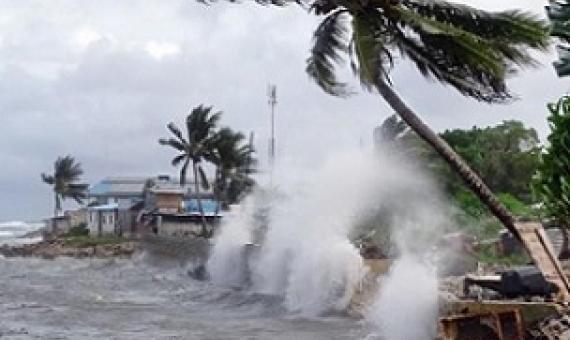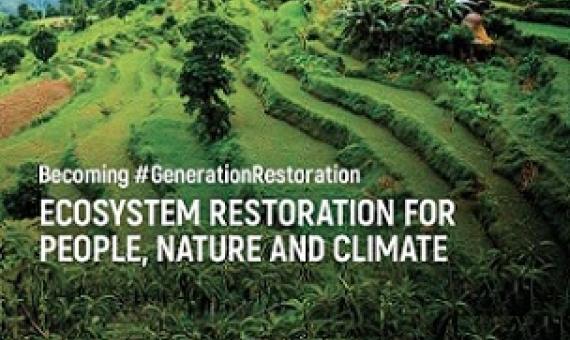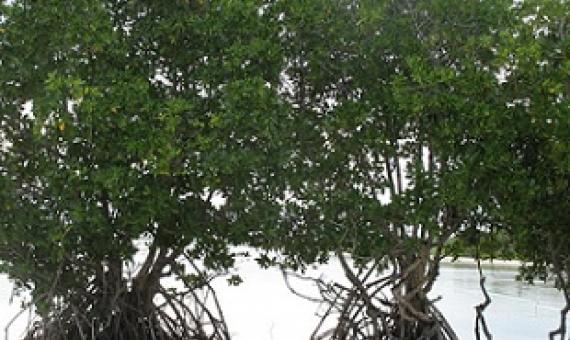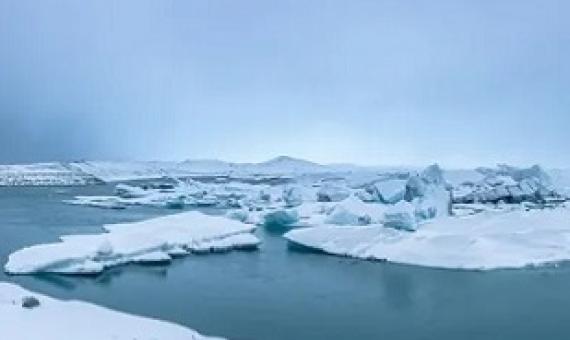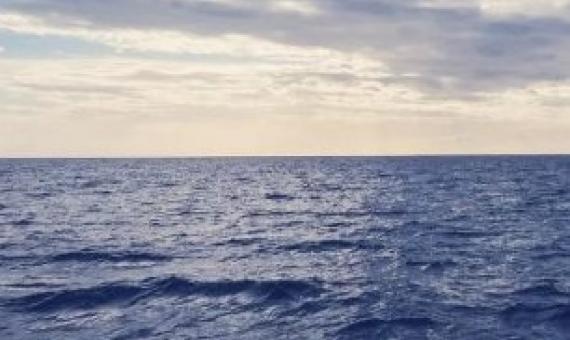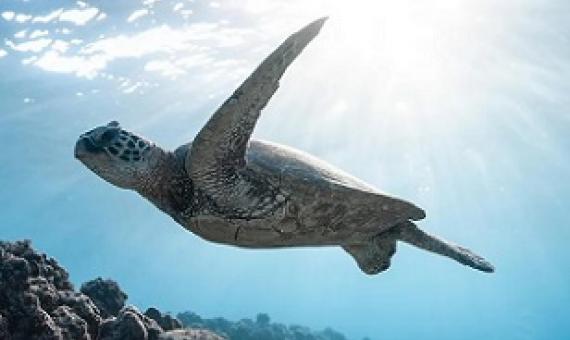The climate crisis has been thrashing the Pacific Islands, causing drought, coral reef bleaching, more powerful storms and sea level rise. Super Typhoon Yutu in 2018 left thousands in the US territories of Saipan and Tinian without homes, power and running water for months.
The Earth is trapping nearly twice as much heat as it did in 2005, according to new research, described as an “unprecedented” increase amid the climate crisis.
Facing the triple threat of climate change, loss of nature and pollution, the world must deliver on its commitment to restore at least one billion degraded hectares of land in the next decade—an area about the size of China.
Nature-based Solutions (NbS) could support transformative change in environmental sustainability—to address major societal challenges, including the climate crisis—according to a new paper from Oxford researchers.
The massive melting of glaciers as a result of global heating has caused marked shifts in the Earth’s axis of rotation since the 1990s, research has shown. It demonstrates the profound impact humans are having on the planet, scientists said.
Protecting coastal “blue carbon” ecosystems like mangroves, seagrasses and salt marshes is 10 times more effective at sequestering carbon per area than terrestrial forests, and is just one ocean-based solution that can help mitigate climate change.
Nature-based solutions to climate change are having a moment, and Apple is riding the trend with a $200 million fund dedicated to related investments. The tech titan has invested in protecting forests for some time, but last week it launched a new venture in collaboration with
The US and China have “committed to cooperating” on the pressing issue of climate change, the two sides said in a joint statement on Saturday, following a visit to Shanghai by US climate envoy John Kerry.
The tropical water at the equator is renowned for having the richest diversity of marine life on Earth, with vibrant coral reefs and large aggregations of tunas, sea turtles, manta rays and whale sharks. The number of marine species naturally tapers off as you head towards the poles.
A new report by the U.N.

